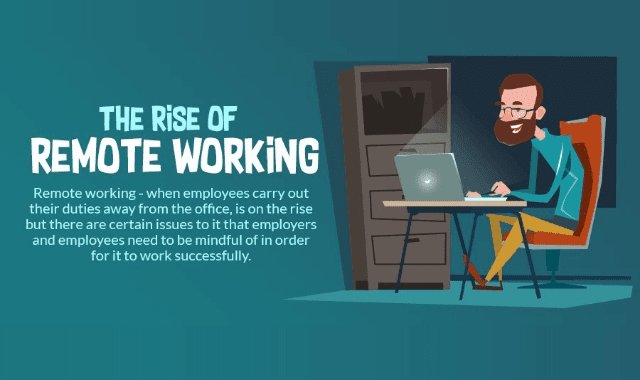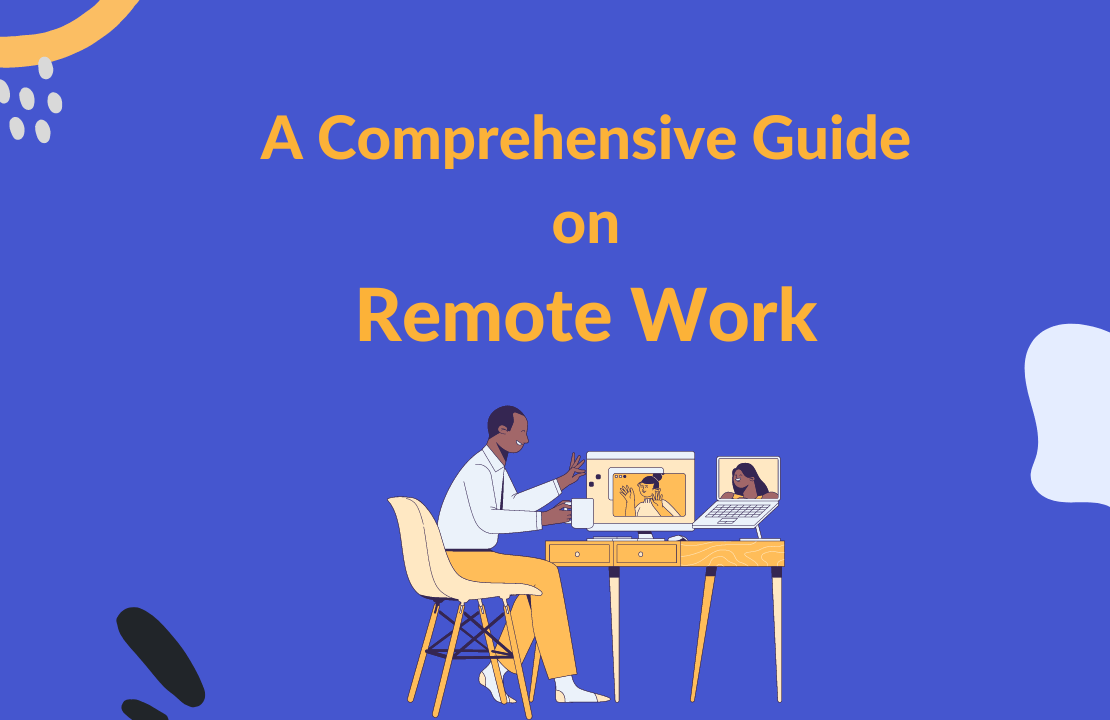The Rise Of Remote Work: A Comprehensive Guide To Desk Jobs From Home
The Rise of Remote Work: A Comprehensive Guide to Desk Jobs from Home
Related Articles: The Rise of Remote Work: A Comprehensive Guide to Desk Jobs from Home
Introduction
In this auspicious occasion, we are delighted to delve into the intriguing topic related to The Rise of Remote Work: A Comprehensive Guide to Desk Jobs from Home. Let’s weave interesting information and offer fresh perspectives to the readers.
Table of Content
The Rise of Remote Work: A Comprehensive Guide to Desk Jobs from Home

The landscape of work has undergone a dramatic transformation in recent years, with the rise of remote work becoming a defining trend. The ability to perform tasks and responsibilities from the comfort of one’s home has become increasingly appealing, offering numerous advantages for both individuals and organizations. This article delves into the world of remote desk jobs, exploring their nature, benefits, and the evolving dynamics of this burgeoning sector.
Understanding Remote Desk Jobs
Remote desk jobs encompass a wide range of positions that can be performed entirely or partially from a home office. These roles typically involve utilizing technology to connect with colleagues, clients, and supervisors, enabling seamless collaboration and communication despite geographical distance. The nature of these jobs can vary greatly, ranging from traditional office roles like accounting and customer service to creative fields like writing and web development.
The Evolution of Remote Work
The emergence of remote work can be traced back to the advent of the internet and the development of sophisticated communication technologies. Early adopters were primarily freelancers and independent contractors, leveraging technology to connect with clients and manage projects remotely. However, the COVID-19 pandemic acted as a catalyst, accelerating the adoption of remote work practices across industries. Organizations were forced to adapt, embracing remote work as a necessity to maintain business continuity. This shift resulted in a surge in demand for remote workers, leading to a significant increase in the number of remote desk jobs available.
Benefits of Remote Work
The appeal of remote desk jobs lies in the numerous advantages they offer:
- Increased Flexibility: Remote work grants employees greater autonomy over their schedules and work environments. This flexibility allows for better work-life balance, enabling individuals to manage personal responsibilities more effectively.
- Reduced Commute Time: Eliminating the daily commute saves valuable time and reduces stress. This freed-up time can be used for personal pursuits, professional development, or simply enjoying more leisure time.
- Cost Savings: Remote work can significantly reduce expenses associated with commuting, office attire, and workplace amenities. This financial benefit can positively impact an individual’s budget and overall financial well-being.
- Wider Talent Pool: Companies can access a broader range of qualified candidates from diverse locations, expanding their talent pool and potentially attracting individuals who might not be geographically available for traditional office-based roles.
- Improved Productivity: Studies have shown that remote workers can be more productive due to reduced distractions, a more comfortable work environment, and greater control over their schedules.
- Environmental Sustainability: Remote work reduces the carbon footprint associated with commuting, contributing to a more sustainable work environment.
Challenges of Remote Work
While remote work offers numerous benefits, it also presents certain challenges:
- Maintaining Work-Life Boundaries: The blurred lines between work and personal life can lead to overwork and difficulty in disconnecting from work responsibilities.
- Social Isolation: Remote workers may experience feelings of loneliness and isolation due to reduced social interaction with colleagues.
- Technological Dependence: Remote work relies heavily on technology, and any technical issues can disrupt workflow and productivity.
- Cybersecurity Risks: Remote work environments require robust cybersecurity measures to protect sensitive data and prevent unauthorized access.
- Communication Barriers: Effective communication is crucial for remote teams, and challenges can arise due to differences in time zones, communication styles, and cultural nuances.
Types of Remote Desk Jobs
The realm of remote desk jobs is diverse, encompassing a wide range of roles across various industries:
- Customer Service Representatives: Handle customer inquiries, resolve issues, and provide support through phone, email, or chat.
- Virtual Assistants: Provide administrative, technical, or creative support to individuals or businesses.
- Writers and Editors: Create content for websites, blogs, articles, and other publications.
- Web Developers and Designers: Design and develop websites and web applications.
- Accountants and Bookkeepers: Manage financial records, prepare reports, and provide financial advice.
- Project Managers: Oversee projects, manage resources, and ensure timely completion.
- Data Analysts: Collect, analyze, and interpret data to identify trends and insights.
- Software Engineers: Develop and maintain software applications.
- Graphic Designers: Create visual concepts and designs for websites, marketing materials, and other projects.
- Social Media Managers: Manage social media accounts, create content, and engage with followers.
Tips for Success in Remote Desk Jobs
To thrive in the world of remote work, individuals can adopt strategies to enhance their success:
- Establish a Dedicated Workspace: Create a dedicated workspace that is free from distractions and conducive to productivity.
- Set Clear Boundaries: Define clear work hours and communicate them to colleagues and family members to maintain a healthy work-life balance.
- Embrace Technology: Utilize communication tools like video conferencing, instant messaging, and project management software to stay connected and collaborate effectively.
- Stay Organized: Implement organizational systems to manage tasks, deadlines, and projects efficiently.
- Maintain Regular Communication: Schedule regular check-ins with colleagues and supervisors to stay informed and address any concerns.
- Seek Out Social Interaction: Engage in virtual social activities or connect with other remote workers to combat feelings of isolation.
- Invest in Professional Development: Continuously seek opportunities to enhance skills and stay abreast of industry trends.
Frequently Asked Questions about Remote Desk Jobs
1. Are remote desk jobs secure?
Remote work requires robust cybersecurity measures to protect sensitive data and prevent unauthorized access. Companies should implement strong passwords, multi-factor authentication, firewalls, and regular security updates. Employees should also practice good cybersecurity hygiene, such as avoiding suspicious links, using secure Wi-Fi networks, and keeping software up to date.
2. How can I find remote desk jobs?
There are numerous resources available for finding remote desk jobs:
- Online Job Boards: Websites like Indeed, FlexJobs, and Remote.co specialize in remote job postings.
- Company Websites: Many companies list their remote job openings on their official websites.
- Professional Networking Sites: LinkedIn and other professional networking platforms can connect individuals with remote job opportunities.
- Freelancing Platforms: Platforms like Upwork and Fiverr offer freelance opportunities for various remote roles.
3. What are the legal aspects of remote work?
The legal framework surrounding remote work varies depending on the location and jurisdiction. It is crucial to understand the applicable laws regarding employment contracts, tax obligations, and workplace safety regulations.
4. How can I stay motivated while working remotely?
Maintaining motivation while working remotely requires discipline and self-management. Setting realistic goals, breaking down large tasks into smaller chunks, taking regular breaks, and celebrating achievements can help sustain motivation.
5. What are the future trends in remote work?
The future of remote work is expected to see continued growth and evolution. Advancements in technology, evolving workstyles, and a growing demand for flexibility will likely shape the future of remote work, leading to further innovation and wider adoption across industries.
Conclusion
Remote desk jobs have become an integral part of the modern workforce, offering numerous benefits for both individuals and organizations. The flexibility, cost savings, and wider talent pool accessible through remote work have transformed the way we work. While challenges exist, strategies and best practices can mitigate these issues, enabling individuals to thrive in the world of remote work. As technology continues to evolve and the demand for remote work continues to grow, the future of desk jobs from home appears bright, promising a more flexible, efficient, and sustainable future of work.








Closure
Thus, we hope this article has provided valuable insights into The Rise of Remote Work: A Comprehensive Guide to Desk Jobs from Home. We appreciate your attention to our article. See you in our next article!